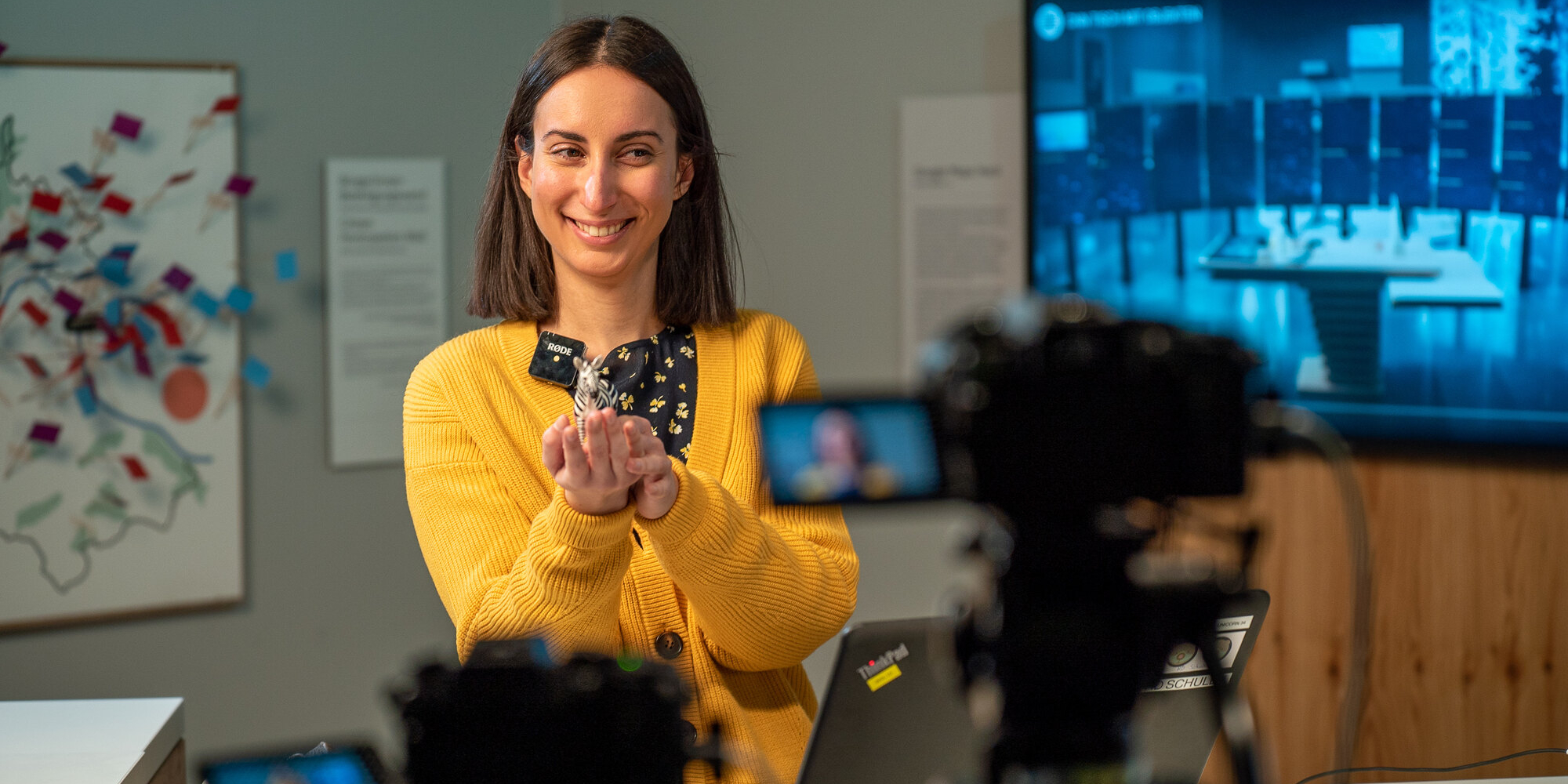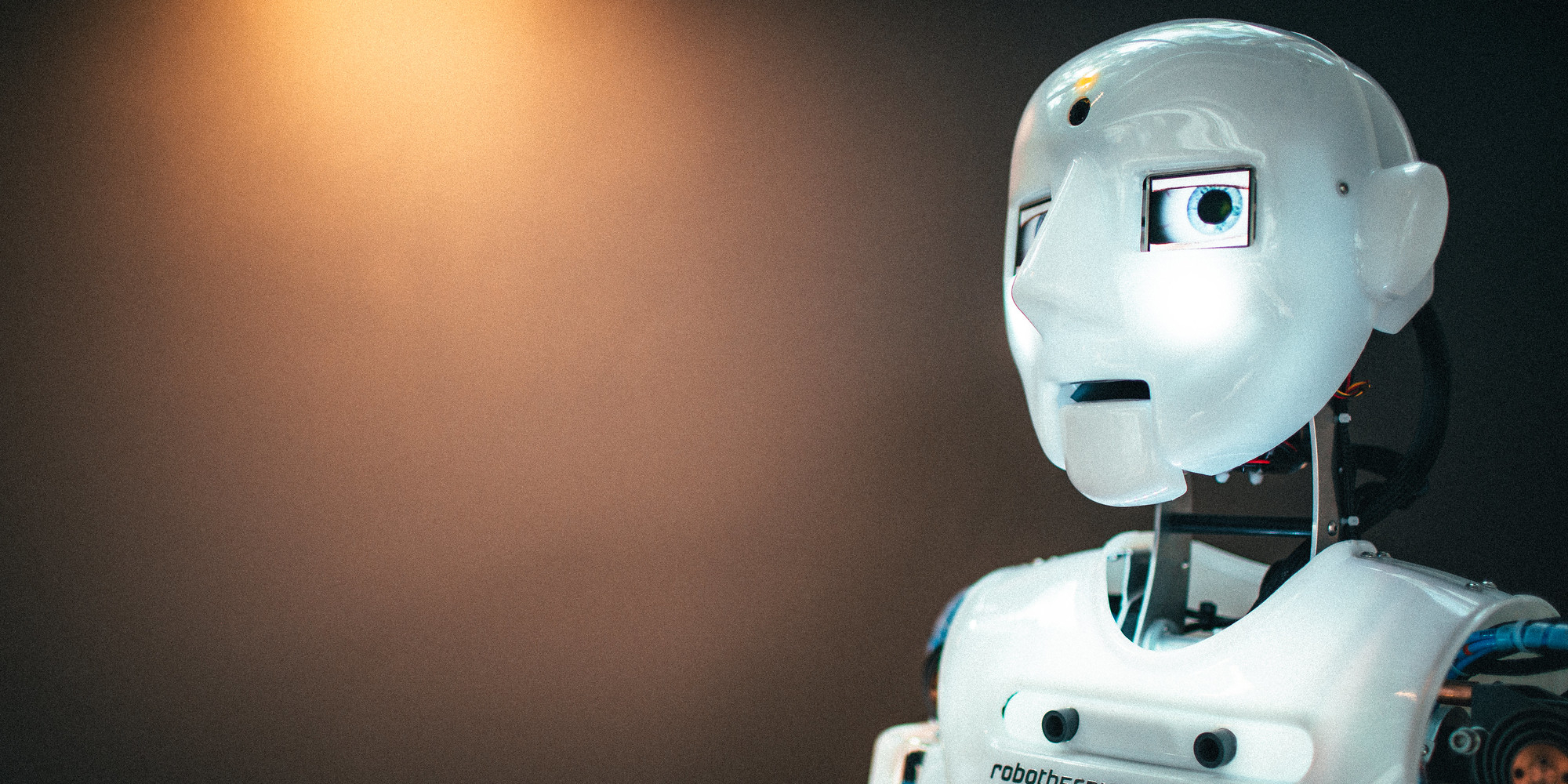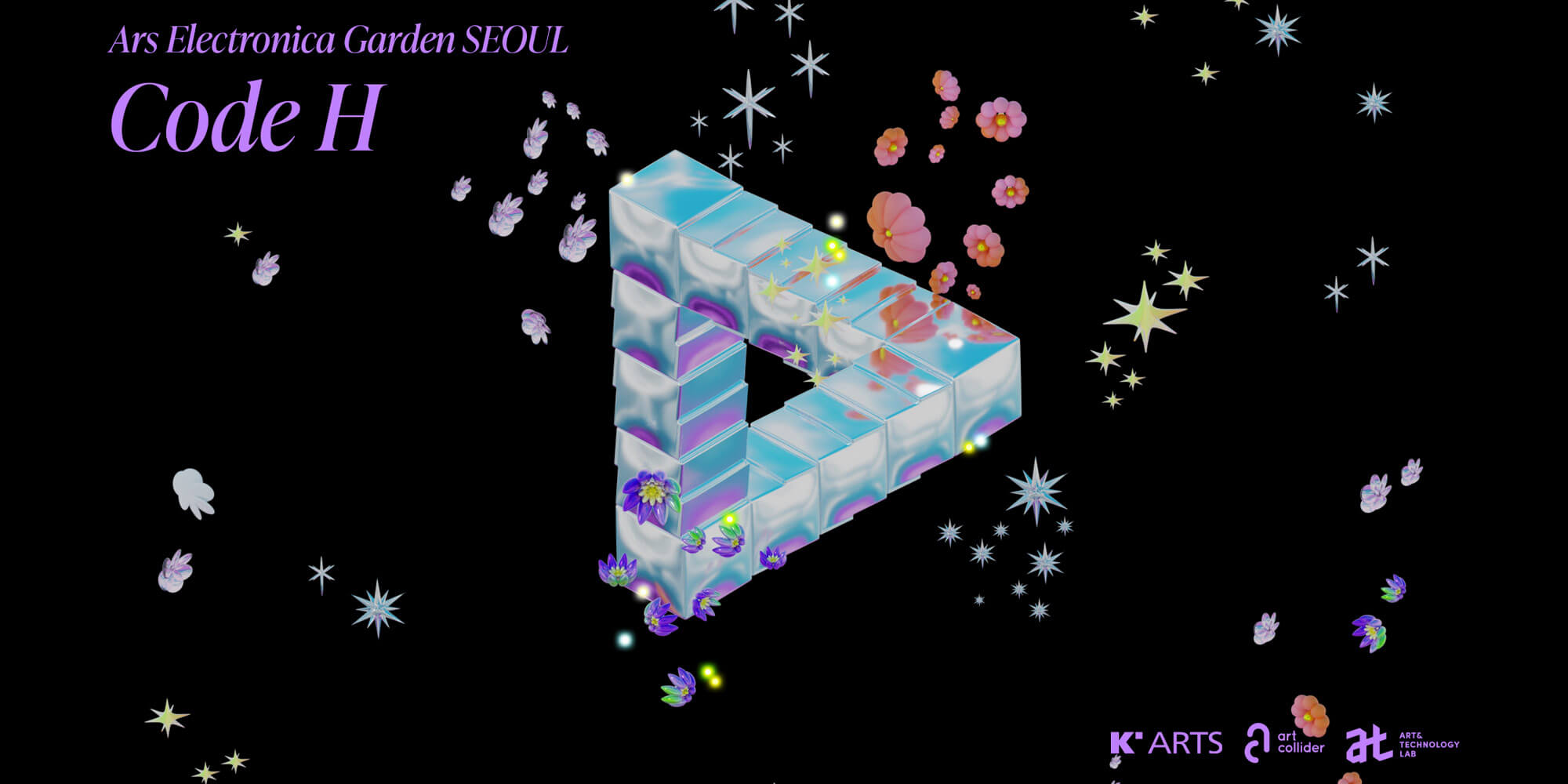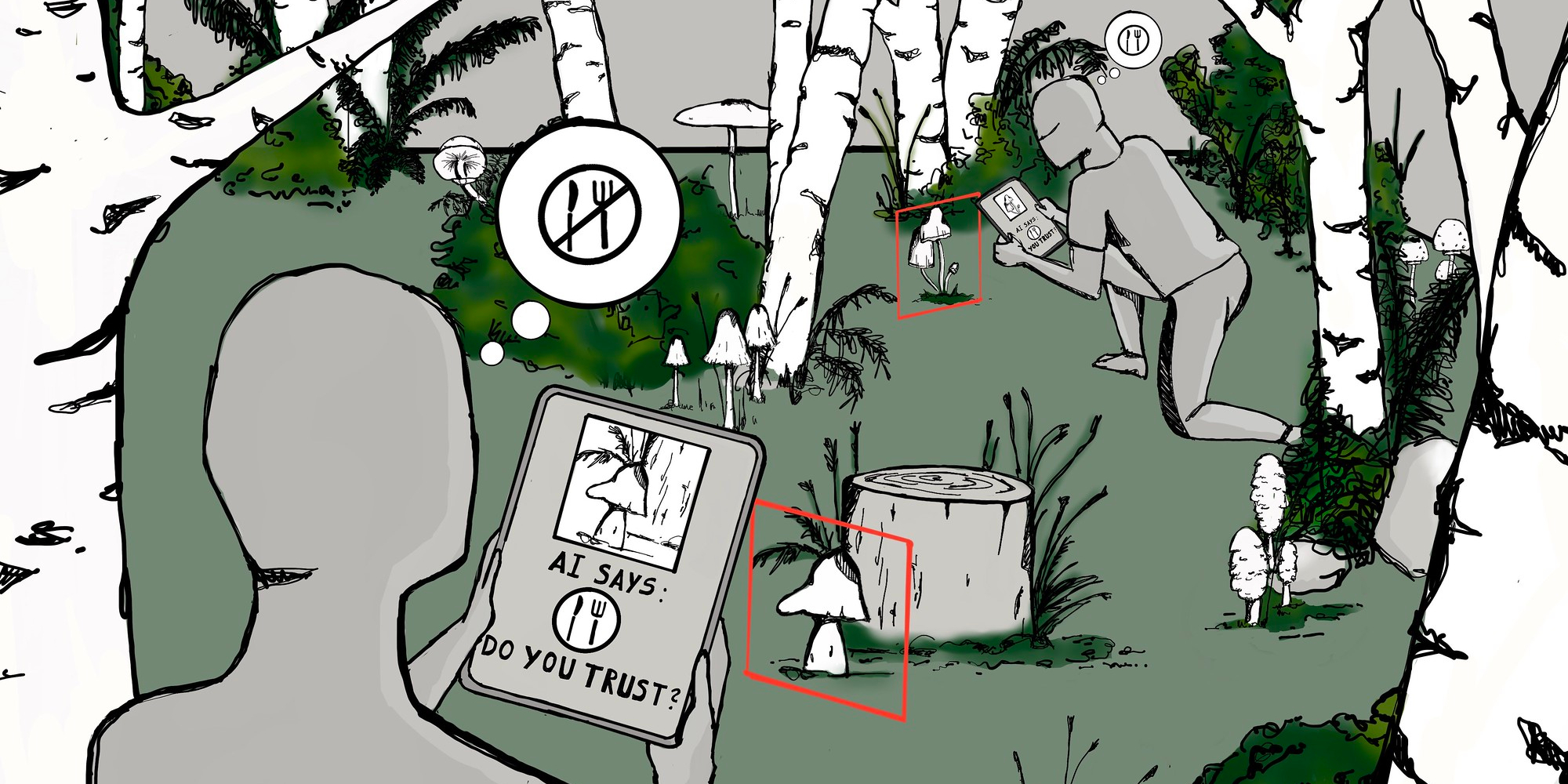The term “digital education” can be understood in different ways: On the one hand, education is constantly being digitalized – this process was intensified by the Corona crisis last year -, on the other hand, we need education in order to be able to deal with the increasingly digitalized world. Under the motto “A New Digital Deal”, the Ars Electronica Festival addresses this dealing precisely and calls for a revolution in the way we approach the challenges of the 21st century. A transformation must take place not only in dealing with digital media, but especially in dealing with the consequences of the digitalization and the problems of the digitalized world.
This role of education, how modern technologies can perhaps revolutionize it and what “digital education” actually means, will be addressed through interactive exhibitions, workshops and conferences during this year’s festival. In this post we give you a sneak peek into a selection of the projects presented.

When it comes to shaping the future, children and adolescents play an important role. So when we talk about “digital education”, it is of course important to provide first of all the young generation with an up-to-date education. Among others, this philosophy is represented by two Ars Electronica Gardens:
The Garden Amsterdam entitled “Collaborative Nature of Robots” by JetBrains Techlab offers the opportunity to explore topics such as robotics, AI, AR and VR. JetBrains Techlab is an educational gallery where humanity meets technology. It is aimed at raising children’s awareness of technology, helping them learn to control it and inspiring them to create something new. The main motivation behind the project is the company’s belief that passion for technology already starts at a young age.

The Garden Abuja was developed to provide a fusion of creativity and innovation, which should help the 40 young participants to imagine their future and to actually start to shape it. It follows the principle of the Ars Electronica Futurelab‘s workshop “Experts of the Future“. With storytelling, one is taken on a journey through the planets, especially planet Earth, asking the young people what they hope to see in their ideal planet and what role they would like to play in that future. Other aspects of the workshop “Experts of the future” are included as well in order to create a more fun-learning environment for the participants.

If we now turn our gaze to Linz, we will also find projects, which offer an opportunity for young people to exchange ideas, learn with and from each other and have fun together – for example in the “create your world” exhibition in Kepler’s Garden. As part of the u19 Prix Exhibition, the “create your world TOUR 2021” will be represented. It has been on the road with its program since 2015, aiming to inspire sustainably and bring an impulse directly into the classroom. As part of the Open Science Hub Network, the tour will once again take place in 2021 – but in an online format. As an impetus for the continued use of digital tools in the classroom, the tour will also make a stop at the festival and offer an interactive workshop for an international audience.
The “European Platform for Digital Humanism” with its “Creative School” project and the “Project for Next Cultural Producer Incubation Program” by Ars Electronica and the Japanese government’s cultural agency also want to offer inspiration for the possibility of cultural education taking place with the help of new means.
The festival also wants to inspire the creative use of modern media and technologies to share knowledge and experience education in a totally new way. Exciting projects on this topic are presented by the Gardens Dresden, London and Milan. The approach to combine technology with other areas to create a basis for a new kind of education is particularly interesting. One example of such a project is STEAM INC. STEAM thinking is the term used to describe a process that aims to strengthen cooperation between art, science, technology, engineering and mathematics. The STEAM INC project seeks to address this and the growing importance of STEAM in higher education, through three goals: Identifying points of intersection across European STEAM approaches and developing a collaborative definition of STEAM in higher education, producing methodologies for the implementation of STEAM thinking in higher education and creating an evaluation framework for measuring the effectiveness of STEAM processes.
Over 8000 kilometres away, at the Korea National University of Arts, they are meanwhile grappling with the fact that with the advancement of digital technology, humans have developed language and aesthetics suited to the new technological environment. Within the framework of the Ars Electronica Academy, students of K’ARTS have been accompanied for a semester. A blog post has already been published on the subject of this collaboration and the process of creating the artworks. The results will be exhibited at Garden Seoul, whose central theme is “Code H”. In the course of the exhibition the new aesthetics of today will be explored, emphasizing humour as a means for the co-existence of art and technology on a basis of humanism.

Another educational institution that focuses on the connection between art and science is the Johannes Kepler University in Linz. As part of a special call by the Linz Institute of Technology (LIT), the Johannes Kepler University has once again selected a series of university projects in the field of tension between art and research, which will be presented to the public for the first time on the international stage of the Ars Electronica Festival.
“The permanent anchoring of artistic-scientific projects in everyday research is a long-term goal in order to significantly enrich the university’s culture of innovation.”
The current hype about artificial intelligence is accompanied by many myths and misunderstandings. In order to demystify the often fearful image of AI, the LIT Robopsychology Lab presents the exhibition “Demystify AI“, an interactive area consisting of several installations that deal with topics such as the explainability of machine learning systems, joint decision-making with a voice assistant and the current media representation of AI. One of them, the “AI Forest”, is an indoor forest with many mushrooms that visitors are supposed to fill their digital basket with. An AI assistant in the form of an identification app helps them with their task. But how well does the app explain why it classifies a certain mushroom as edible or poisonous? When to trust the AI, and when to decide for yourself?
If you are interested in other projects of the festival that help visitors to better understand modern technologies and to integrate them into everyday life, you should – in addition to the in this post presented selection of program items – also take a look at the project “SySTEM 2020” and at the contributions of the University of Art and Design Linz on the topic of “LOOPS OF WISDOM” such as “crafting futures lab“.

Finally, the topic of education is also abundantly represented in the form of conferences. Right on Wednesday, the “Education Day” takes place in the “Zirkus des Wissens”, where various conferences on the importance of education with regard to the future development of the world will take place and be broadcasted internationally. For example, the “Education Conference” by Ars Electronica, Creative School and the Open Science Hub will explore how we can expand traditional learning and integrate the arts through STEAM. The “Symposium Universitas” of the Johannes Kepler University poses the question of the potential and the challenge of digital technologies in research, university and knowledge transfer. Finally, the Private University College of Education and the Upper Austrian Chamber of Labour present their symposium “Perspektiven Politischer Bildung: NEULAND — Eine Gesellschaft auf Expedition”. They will discuss the need for the education sector to actively participate in the current social transformation process and how this can succeed.
You can read more about the Ars Electronica Festival on an ongoing basis here on our blog, on the website and on our social media channels – on Facebook, Instagram, Twitter and LinkedIn.
